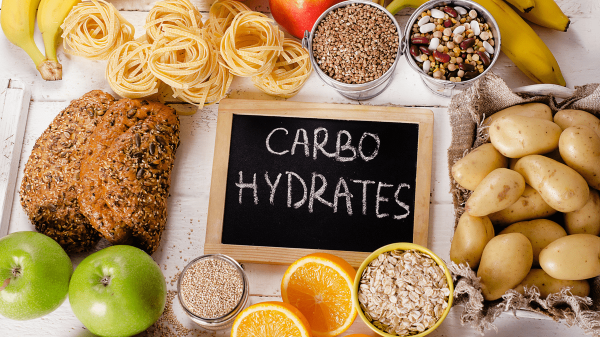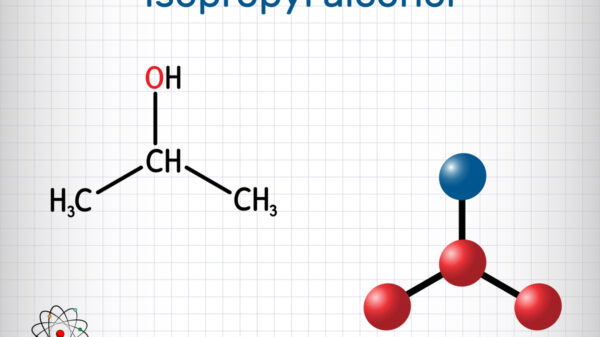Folic acid is found naturally as a B vitamin, which is a synthetic form of folate. This vitamin is required by the body to build new cells. Folic acid is present in supplements and in fortified form added in bread, rice, pasta and breakfast cereals.
Folic acid is needed as a medicine for specific anemia types (lack of red blood cells) and folic acid deficiency. Excess of folate required by individuals is fulfilled by using folic acid supplements.
It is suggested for women to use folic acid in order to avoid any birth defects.
Recommended intake value of Folic Acid
Folate reserve present in the body is the liver, while some amount is also present in tissues and blood, with amounts that range between 10-30 mg.
Normal levels of folate required in the blood are from 5-15 ng/mL. The major type of folate present in the blood is 5-methyltetrahydrofolate.
Health Benefits of Folic Acid
1. Folic Acid for prevention of birth defects and complications of pregnancy
Lowering chances of birth defects is the most prominent use of folic acid and folate supplements, especially neural tube defects like spina bifida and anencephaly when the baby is missing few parts of the skull or brain.
Maternal folate status works to anticipate the levels of folic acid, which can prevent neural tube defect risk, making this a national public health policy following which folic acid should be supplemented by pregnant women or those who may become.
2. Folic Acid for treatment of folate deficiency
Many reasons are responsible for the occurrence of folate deficiency which maybe pregnancy, surgery, insufficient diet, alcoholism and malabsorptive diseases.
Due to deficiency, many other side effects may also occur, like birth defects, mental impairment, megaloblastic anemia, depression and impaired immune function.
Folate deficiency is accurately dealt with the use of folate or folic acid supplements to improve deficiency.
3. Folic acid for brain health
Studies suggest low blood folate range causes more chances of developing dementia and poor brain function. Generally, chances of mental impairment increase even in those with normal but low folate levels.
4. Folic acid for heart health
Using folic acid supplements or folate-included supplement works to decrease chances of heart disease and also help in heart health. Heart disease risks increase with an increase seen in amino acid homocysteine.
Determination of quantities of homocysteine is done with factors related to nutrition and genetics. Break down of homocysteine is promoted with the help of folate; however, low amounts of folic acid can lead to increased homocysteine amounts, known as hyperhomocysteinemia.
5. Kidney disease
About 80% of people suffering from chronic kidney disease develop hyperhomocysteinemia, which happens with poor kidney performance.
Homocysteine levels are lowered, and heart disease chances are decreased with the consumption of more folic acid supplements.
Side Effects of Folic Acid
If you take overdoses of folic acid, then it can cause many serious health conditions. Some of the side effects of folic acid are;
- Abdominal cramps
- Diarrhea
- Rash
- Sleep disorders
- Irritability and confusion
- Nausea and stomach upset
- Skin disorders and seizures
- Gastrointestinal problems
Precautions
- Be careful about taking folic acid if you are allergic to folic acid or allergic to any other ingredients present in the supplement.
- Ask a healthcare professional if you are taking other medications before taking the folic acid.
- High doses of folic acid can increase the risk of cancer.
















